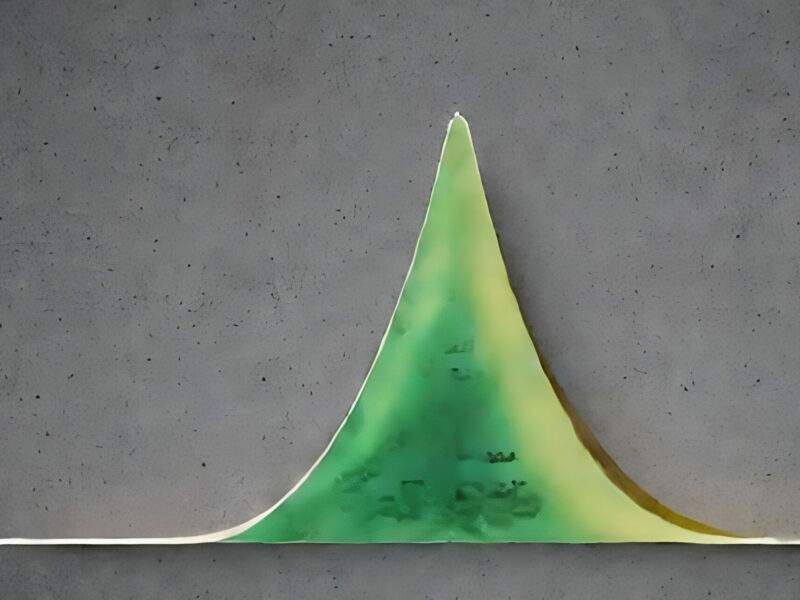Gingerbread is traditionally baked with molasses or honey, spices like ginger, cinnamon, and flour. While it can be enjoyed as a treat, it is not a significant source of nutrients. Gingerbread should not be relied upon as a source of essential vitamins and minerals.
Positive health effects
However, ginger, a key ingredient in gingerbread, has been shown to have some potential health benefits. Ginger is a natural anti-inflammatory traditionally used to help with nausea and digestive issues. It may also have pain-relieving and antioxidant properties. Some research suggests ginger may have blood sugar-lowering effects and may benefit humans with type 2 diabetes. Nevertheless, more research is needed to confirm these potential health benefits of ginger.
It is crucial to remember that gingerbread is a sweet treat and should be consumed in moderation as part of a balanced diet. Speaking with a healthcare professional about concerns about your diet or overall health.
Negative health effects
In general, consuming large amounts of sweet treats like gingerbread can contribute to an unhealthy diet if they are not balanced with various nutritious foods. Consuming too much sugar can lead to multiple health issues, including weight gain, tooth decay, and an increased risk of certain chronic diseases such as diabetes and heart disease.

Einstein and gingerbread
It is still being determined whether physicist Albert Einstein had a particular affinity for gingerbread or any other specific type of food. Einstein was born in Germany in 1879. He lived through the first half of the 20th century. He is known for his contributions to physics and mathematics, including his theory of relativity and his famous equation E=mc².
Einstein’s personal life and preferences, including his eating habits, need to be well-documented. He may have enjoyed gingerbread or other baked goods during his life. Still, there needs to be more specific information available on this topic. Einstein’s scientific contributions and ideas are his most notable contributions. They are the focus of most of the research and commentary about him.
Rat poison?!
It is not true that gingerbread contains rat poison. Gingerbread is traditionally baked with molasses or honey, spices like ginger, cinnamon, and flour. It does not contain any ingredients that are poisonous to humans or animals.
The idea that gingerbread contains rat poison may be a baseless rumor or a misunderstanding of the term “gingerbread.” The word “gingerbread” has been used to refer to various baked goods, including cookies, cakes, and even houses made of gingerbread and other sweet ingredients. Using “gingerbread” in these contexts may have contributed to the misunderstanding that gingerbread contains rat poison.

Gingerbread cannabis products
Gingerbread may be used as an ingredient in edible cannabis products. Still, it is essential to note that the use of cannabis is regulated differently in different parts of the world. It may be illegal in some areas.
When using gingerbread as an ingredient in cannabis edibles, it is vital to consider the taste and texture of the final product. Gingerbread may add a distinctive flavor and a soft, moist texture to the edible. It is also essential to consider the dosage of cannabis in the edible and follow any relevant regulations or guidelines for producing and selling cannabis edibles.
In conclusion
Suppose you have any concerns about the safety of a food product. In that case, it is always a good idea to speak with a healthcare professional or a qualified expert. It is important to note that rat poison or any other type is not an acceptable ingredient for any food.
This is an original article published exclusively by Jacker Magazine. We encourage and welcome your feedback. Feel free to leave a comment below. Do not hesitate to contact us if you have other questions, suggestions, or proposals. We look forward to hearing from you.
Share this article

